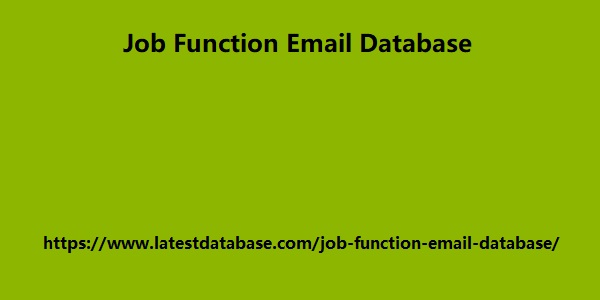Post by account_disabled on Feb 24, 2024 23:31:32 GMT -8
The less volatile quarterly figure showed production rose percent from the previous three months, continuing the weak performance since the end of 2021, although the latest figures still do not incorporate the large revisions announced earlier this month for the years of the pandemic. Today's data follows yesterday's news that wages are finally growing faster than inflation, a welcome development for households but one that is likely to reinforce the Bank of England's concerns about persistent inflation pressures. Salaries, excluding bonuses, remained at 7.8 per cent, the highest rate since comparable records began in 2001, while total pay, boosted by one-off payments to NHS workers and civil servants, rose by 8.5 percent. The latest inflation figures show prices rose 6.8 per cent in the year to July.
However, other aspects of yesterday's data suggested that the labor market was weakening, with unemployment rising and hiring slowing. Catherine Mann, one of the Bank of England's toughest policymakers, argued this week Job Function Email Database that more rate hikes were needed to curb the inflationary threat. However, many economists believe that the impact of 14 consecutive rate increases will further weaken the economy in the coming months. Yael Selfin, chief economist at KPMG UK, said: Against the backdrop of weakening global economic conditions coupled with the delayed impact of higher interest rates, the UK economy could struggle to keep pace. float for the rest of the year. The impact of rising rates was also highlighted yesterday in new data showing mortgage arrears hit their highest level in seven years.

Meanwhile, the state of the public finances has led ministers to consider changes to the “triple lock” rule on state pensions, one of the most sensitive issues in UK politics, which stipulates that they must rise annually by whichever amount is greater within the growth of profits, consumption and consumption. price inflation or percent. The economy will be the dominant issue in the general elections likely to take place next year. The opposition Labor Party, currently ranking high in the polls, is likely to inherit a much worse situation than when it last came to power in 1997. Its then leader, Tony Blair, told the Financial Times in an interview yesterday that the party would be unable to fix the economy through taxes and spending.
However, other aspects of yesterday's data suggested that the labor market was weakening, with unemployment rising and hiring slowing. Catherine Mann, one of the Bank of England's toughest policymakers, argued this week Job Function Email Database that more rate hikes were needed to curb the inflationary threat. However, many economists believe that the impact of 14 consecutive rate increases will further weaken the economy in the coming months. Yael Selfin, chief economist at KPMG UK, said: Against the backdrop of weakening global economic conditions coupled with the delayed impact of higher interest rates, the UK economy could struggle to keep pace. float for the rest of the year. The impact of rising rates was also highlighted yesterday in new data showing mortgage arrears hit their highest level in seven years.

Meanwhile, the state of the public finances has led ministers to consider changes to the “triple lock” rule on state pensions, one of the most sensitive issues in UK politics, which stipulates that they must rise annually by whichever amount is greater within the growth of profits, consumption and consumption. price inflation or percent. The economy will be the dominant issue in the general elections likely to take place next year. The opposition Labor Party, currently ranking high in the polls, is likely to inherit a much worse situation than when it last came to power in 1997. Its then leader, Tony Blair, told the Financial Times in an interview yesterday that the party would be unable to fix the economy through taxes and spending.
